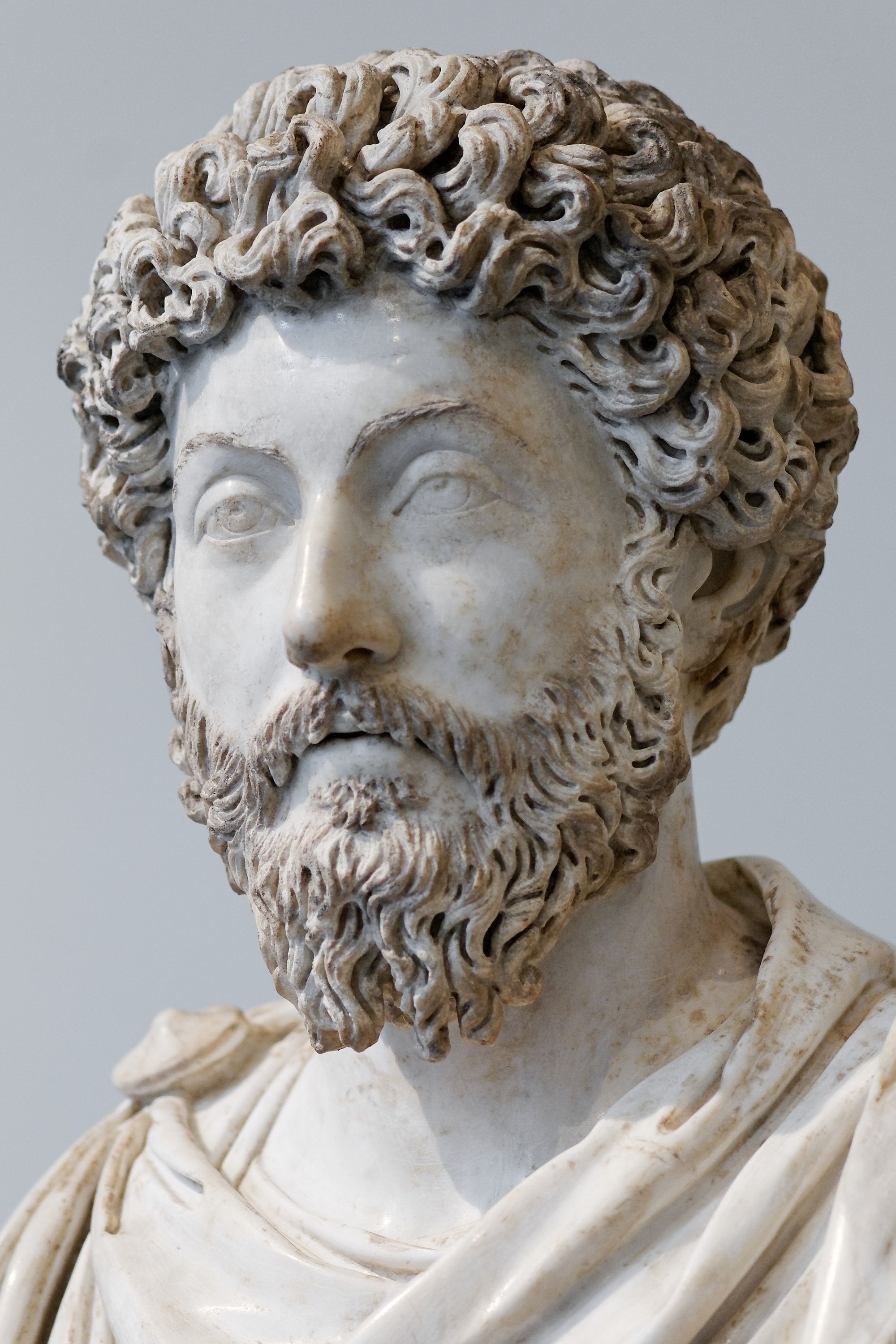
⬆️ Pollyanna's secret
Optimists often get called nicknames, one of these is Pollyanna. But the real story about the nickname tells us something important about the power of optimism.
Share this story!
Optimists are often sneered with certain nicknames. Those who want to show off that they are well-read often uses Dr.Pangloss from Voltaire as a insult. But some people calls the optimist a "Pollyanna."
But have you ever asked yourself about the orgin of this expression? And who was Pollyanna? The answer is undoubtly interesting and it reveals truths about pessimists and it teaches us about the effects of optimism.
Pollyanna was the main character in a novel of the same name written by Eleanor Porter. In the book, Pollyanna is experiencing a tough childhood and quickly finds a way to deal with poverty and other hardships. She does this by playing "the glad game". The rule of the game is to see everything in a positive light. If she gets told to stay in her room, she admires the view, if she has a lousy Christmas, she is happy that she is healthy.
Porter wrote several sequels to the book. And they became extremely popular, especially among young girls who found solace in "the glad game" in difficult times. But the young readers not only sought solace in optimism, they sought solace in how it transformed the small community in the book in which Pollyanna lived.
Pollyanna taught her game to anyone who wanted to listen, and slowly but surely, the small village became a self-reinforcing optimistic network. The book takes a drastic turn when Pollyanna gets hit by a car and loses the ability to walk. In the midsts of the accident she looses all hope. But the villagers had not given up on her. They visited to tell her that she had changed their lives. And slowly with rehabilitiation Pollyanna regains the ability to walk at the end of the book.

Stems from stoicism
Optimism pays off, and gives back, the same cannot be said about pessimism. A well-founded optimism invested in a group of people is a kind of insurance. When someone in the group is experiencing a dark time, there is a safety net of people who can help and restore faith. A kind of immune system that is strengthened by every person who joins it.
The game that Pollyanna plays - where she chooses to focus on the positive aspects of life even when there are some negatives - is really nothing more than a reminder of the great insight of Stoicism: we do not choose what happens to us, but we choose how we react to it and if we will let it change us.
Stoicism is an ideology that aims at individual freedom and self-determination, which is exactly what Pollyanna's optimism provides. And that was probably why the books were so popular amongst young women. The first book came out in 1913, and at that time, women and girls were defined by their surroundings and held back by the societies in which they lived.
Pessimism tends to preserves such social systems, as it cannot admit that there are changes for the better. It gets stuck in a pattern that must become increasingly hopeless, and dissolves bonds between individuals. Optimism connects and invests not only in the individual, but in community and change.
After Porter's death, the series was taken over by another author, Harriet Lummis Smith, who was also the first colored teacher in Boston (she taught mathematics and Latin). She wrote 4 more "happy books" and demonstrated both with her own life and in her books the transformative ability of optimism. So, the next time someone condemns an optimist as a "Pollyanna", it may be appropriate to defend this remarkable literary figure, who in many ways blows Voltaires pessimism of the stage.
A modern female role model written by strong women with an interest in change and with a peace of mind that stems from the Stoics. That is harldy a character anyone you would be ashamed to be compared with.
Nicklas Berild Lundblad is a Warp News Expert. He works as Head of Global Tech Policy at Stripe. He was previously Head of Global Policy Planning at Google. He has also been an adjunct professor of innovation at KTH.
Picture: Pollyann statue, CC BY 2.0 https://creativecommons.org/licenses/by/2.0, via Wikimedia Commons
By becoming a premium supporter, you help in the creation and sharing of fact-based optimistic news all over the world.


